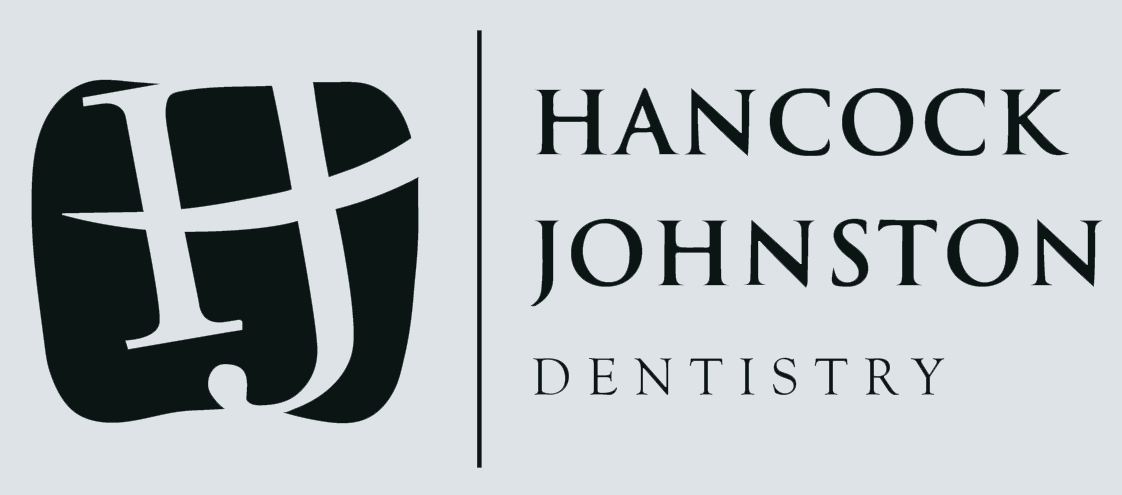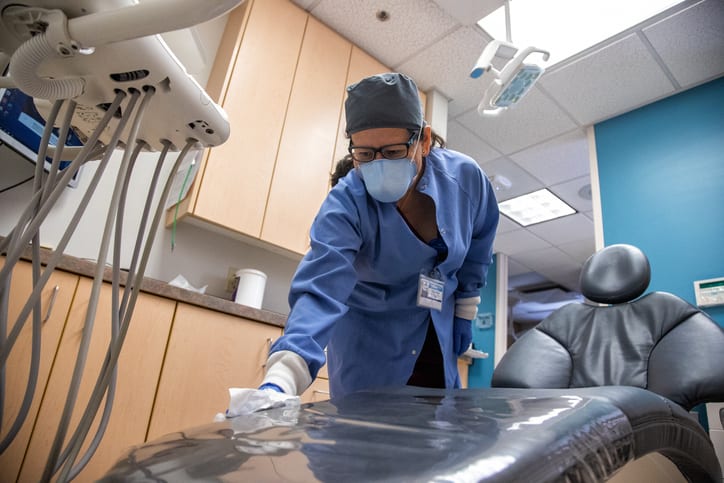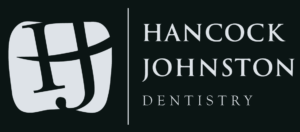Many patients are realizing they haven’t been to the dentist in a year or more — since the pandemic put a halt to all plans, including routine dental checkups.
In March of 2020, Texas postponed for a month all elective surgeries and non-emergency procedures, including for dentists. However, this executive order was quickly lifted, and dental offices resumed appointments with more cleaning and safety protocols.
Now that we know more than we did a year ago, it is time to get back on a regular schedule. Besides, dental offices were one of the few professions before the pandemic to wear PPE (personal protective equipment). Many operating procedures and patient interactions are designed to reduce infection.
Keep in mind, routine dental care is critical for millions of Americans. More than 25 percent of adults live with untreated tooth decay. Nearly half of adults older than 30 show sy
mptoms of gum disease. And nearly 1 in 4 adults have felt mouth pain in the past year.
Why You Need to Schedule a Cleaning
Missing cleanings can lead to longer-term health effects. For example, there’s a definite link between gum health, diabetes and heart disease. Dental cleanings can stabilize gum condition. Tartar buildup alone can lead to inflammation of the gums, which can worsen inflammatory conditions such as arthritis.
Not to mention that a small cavity could easily become a root canal, leading to higher costs and pain.
Hancock & Johnston Dentistry has seen a recent increase in root canals and oral surgery, which may be caused by delaying regular dental cleanings.
The pandemic certainly isn’t doing anyone favors with their dental care.
Recently, more than 70 percent of dentists surveyed by the ADA reported an increase in patients experiencing teeth grinding and clenching due to stress. More than 60 percent of the surveyed dentists also saw an increase in other stress-related issues such as chipped teeth and TMD (temporomandibular joint disorder) pain like headaches and jaw pain.
The psychological impact of the pandemic is showing up in several more indirect ways in patients’ mouths. For instance, depression/anxiety medications can cause dry mouth, leading to oral health issues. Poorer diet can lead to gastroesophageal reflux disease (GERD), which may damage teeth. Eating more carbohydrates leads to acid secretion in your mouth, which causes tooth decay.
The Journal of Clinical Periodontology published research that people who suffer severe gum disease were at risk of worsened COVID-19 complications than those with healthy gums. Another study published in the Journal of the California Dental Association indicates that COVID patients with gum disease have a higher risk of developing acute respiratory complications and dying.
Last, but not least — going to a regular dental checkup is important for preventative health measures. Dentists can detect the risk of heart disease by looking at your gum health, spot early stages of oral cancer, help with a diabetes diagnosis, and even point out nutritional deficiencies. For example, a pale tongue could be an indication of iron deficiency.
Is It Safe to Go to the Dentist?
Recent research has found that 3.1 percent of dental hygienists and less than 1 percent of dentists have had COVID-19 — far below other health professionals despite being deemed high risk. Dental professionals attribute these low numbers to enhanced infection control measures.
This wouldn’t be the first time a pandemic changed the status quo. During the HIV/AIDS epidemic in the 1980s, dentistry adopted consistent glove and mask usage, among other measures.
Because dental procedures require hygienists and dentists to hover about 18 inches from their patients’ faces, staff now wear many layers of personal protective equipment, including N95 masks and face shields to prevent any aerosols from landing in their eyes.
These aerosols are produced by drills and air-water syringes and contain the patient’s saliva and blood, remaining in the air for up to 3 hours.
The American Dental Association and U.S. Centers for Disease Control and Prevention both agree, however, that the aerosol risk is low compared with the protocols dental offices have put in place to remain safe. In addition to extensive PPE, some dentists rotate room usage to allow aerosols to settle. Others have increased their air ventilation.
Your Dentist Appointment: What to Expect
The pandemic has changed procedures in all aspects of our lives, and the dentist office is no exception. Here’s what to expect from your dental staff before and during your appointment.
Before the appointment
- Staff and patients are expected to stay home if they are sick.
- Staff will screen patients for COVID-19 symptoms.
- The number of patient visitors is limited.
During the appointment
- Patients have the option to wear a mask in the waiting room.
- The waiting room allows for patients to socially distance.
- Staff take patient temperatures before entering the office.
- Hand sanitizer is provided to staff and patients
- Staff wear masks and eye protection.
- Staff frequently wash hands and disinfect patient areas.
Schedule Your Dental Checkup Today
At Hancock & Johnston Dentistry, you get more than just a cleaning.
When you book an appointment with us, you’ll feel comforted in how thorough we are in discussing your highly personal dental plans. We examine your teeth to detect tooth decay, gum disease, oral cancer, and take preventative measures to protect your teeth and inform you of possible problems.
Keep your smile sparkling for a lifetime with Hancock & Johnston Dentistry!


